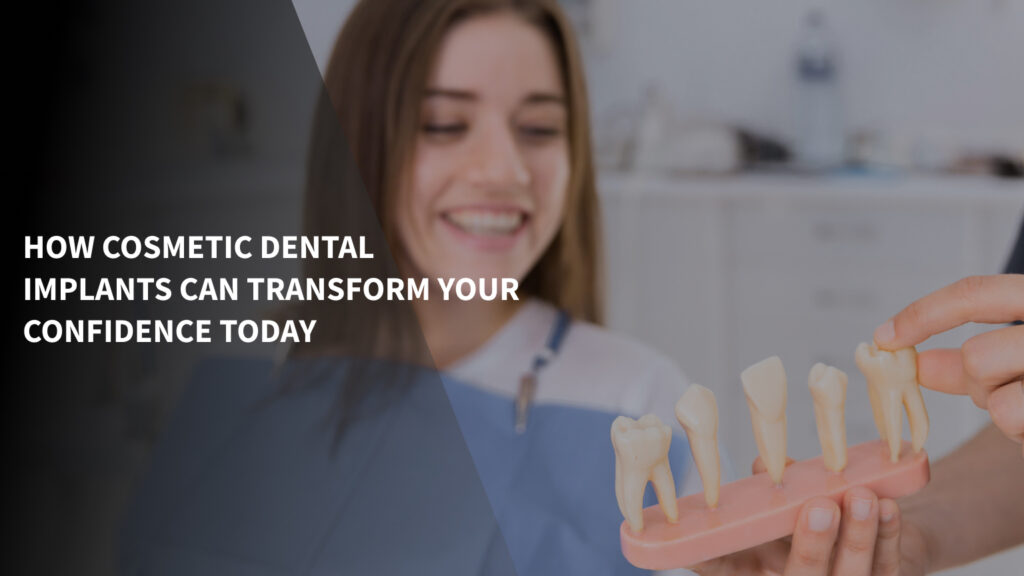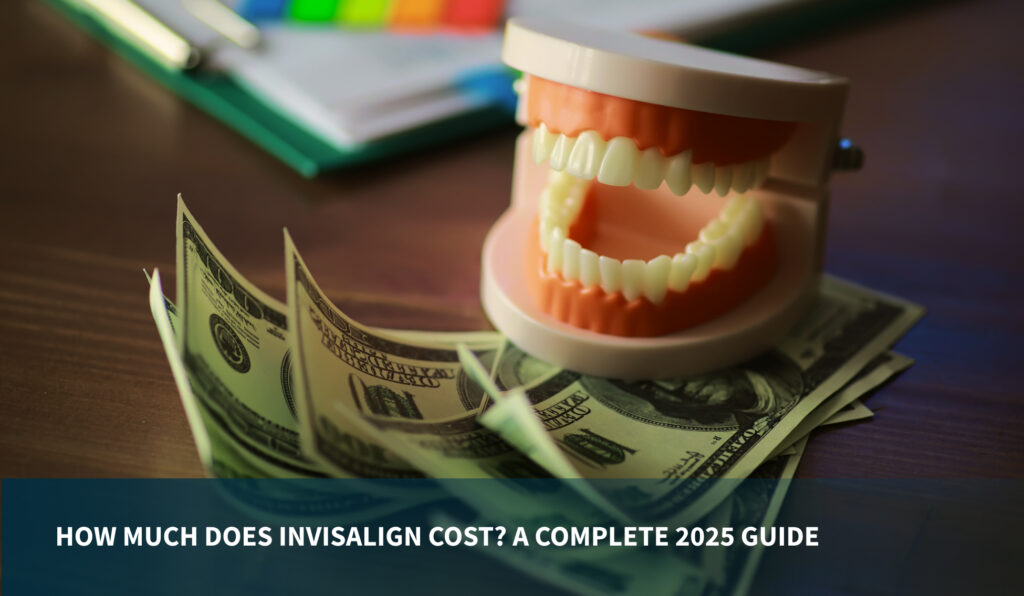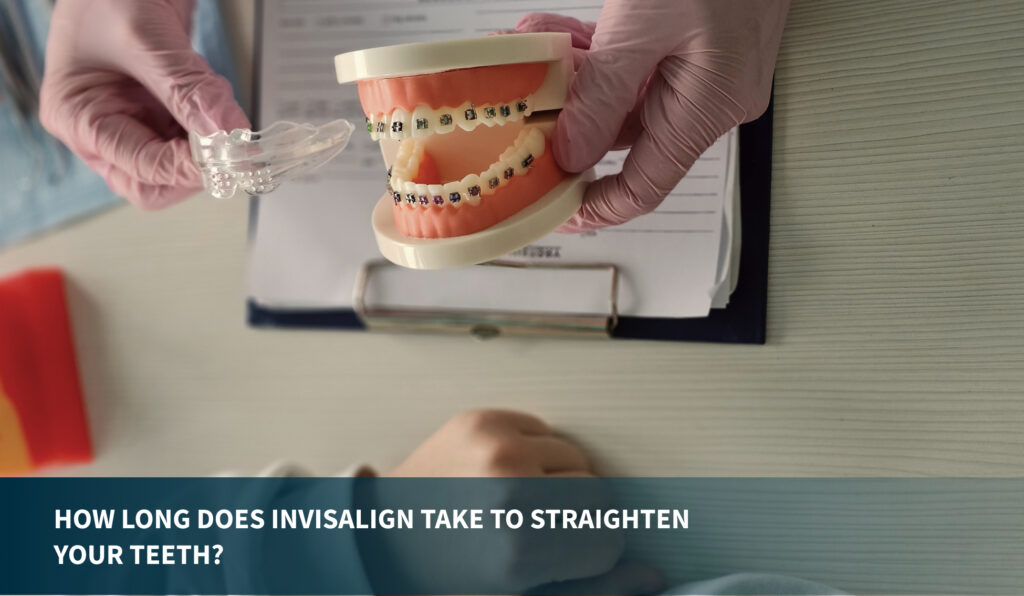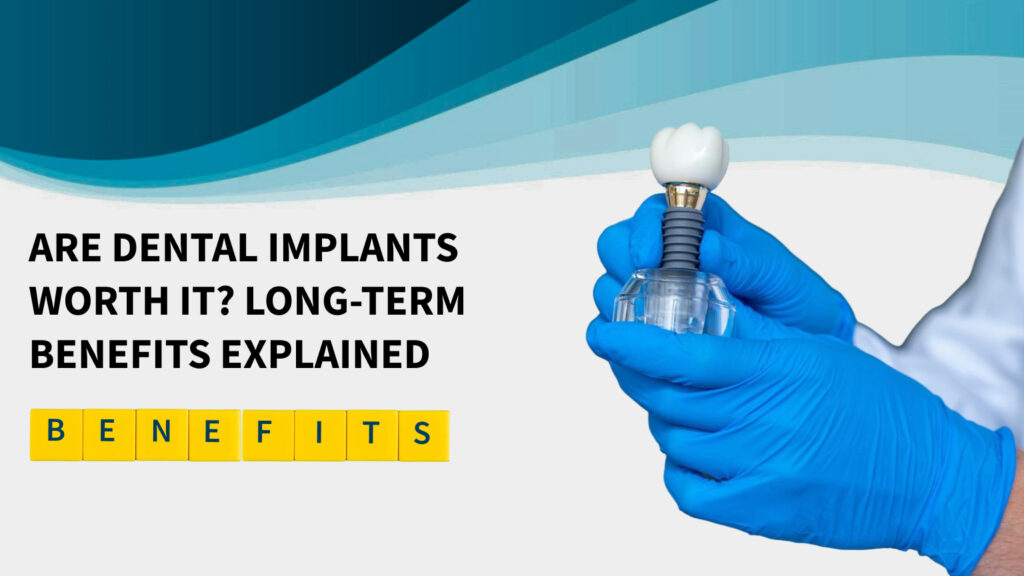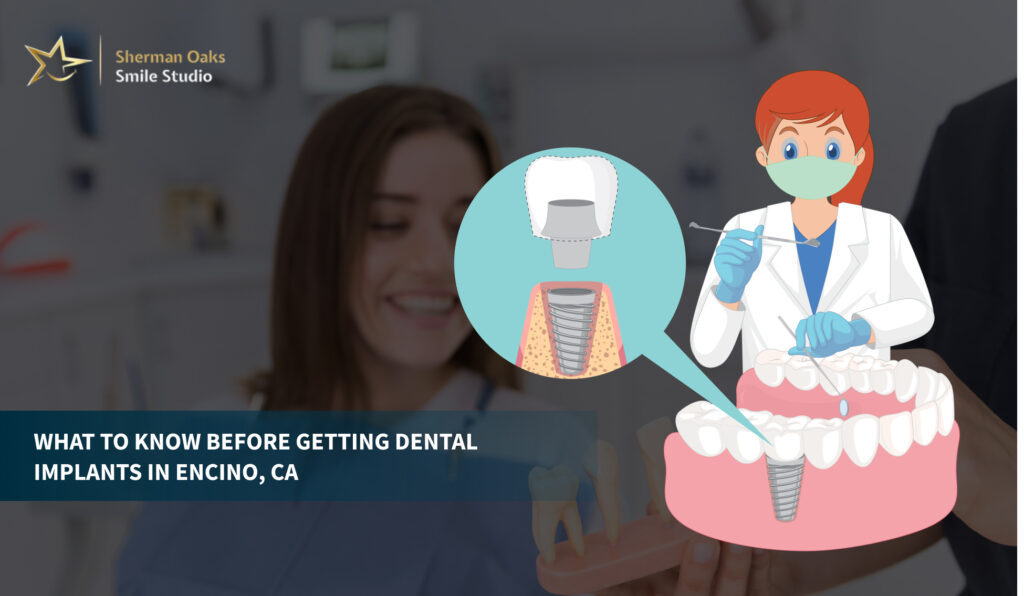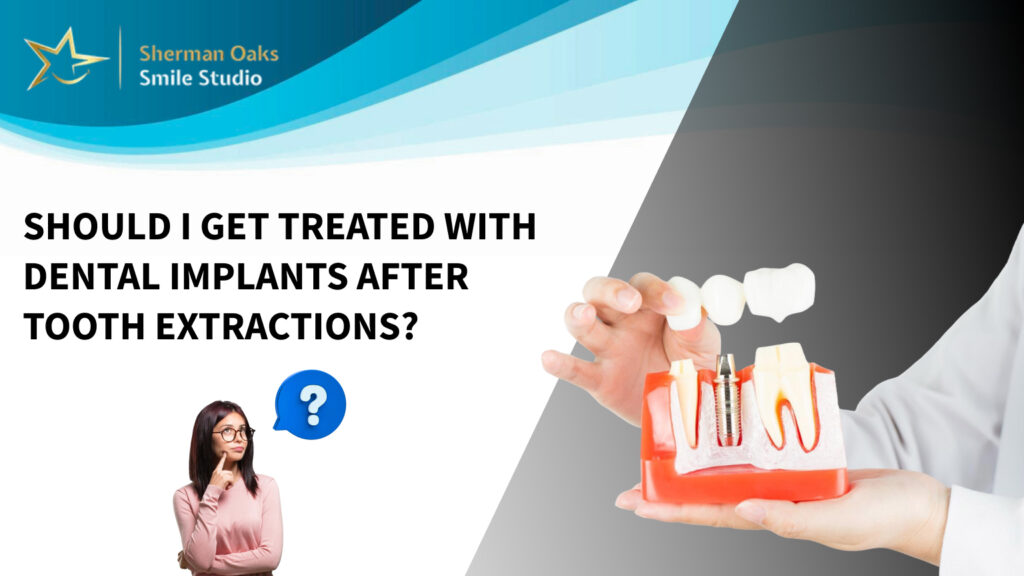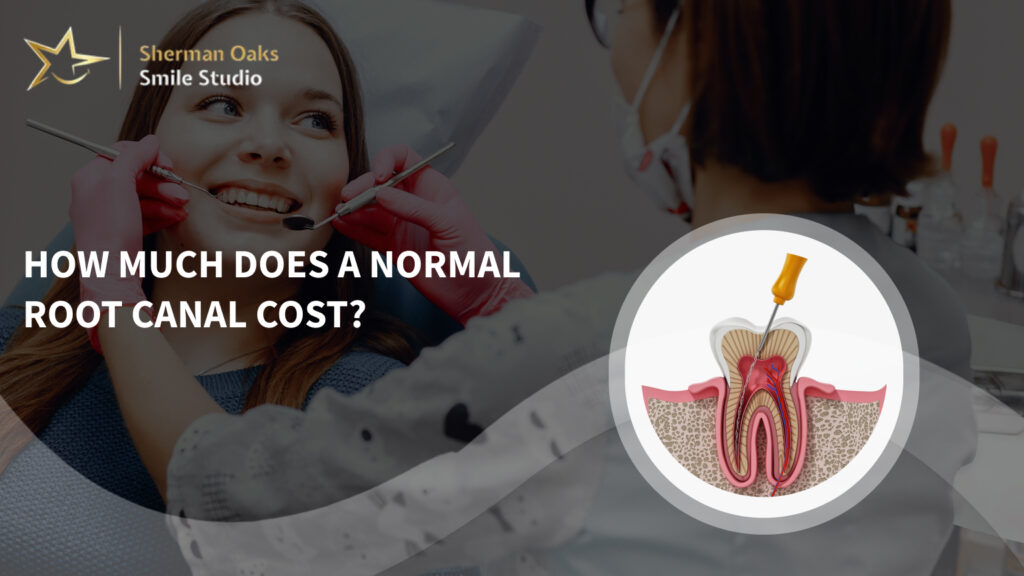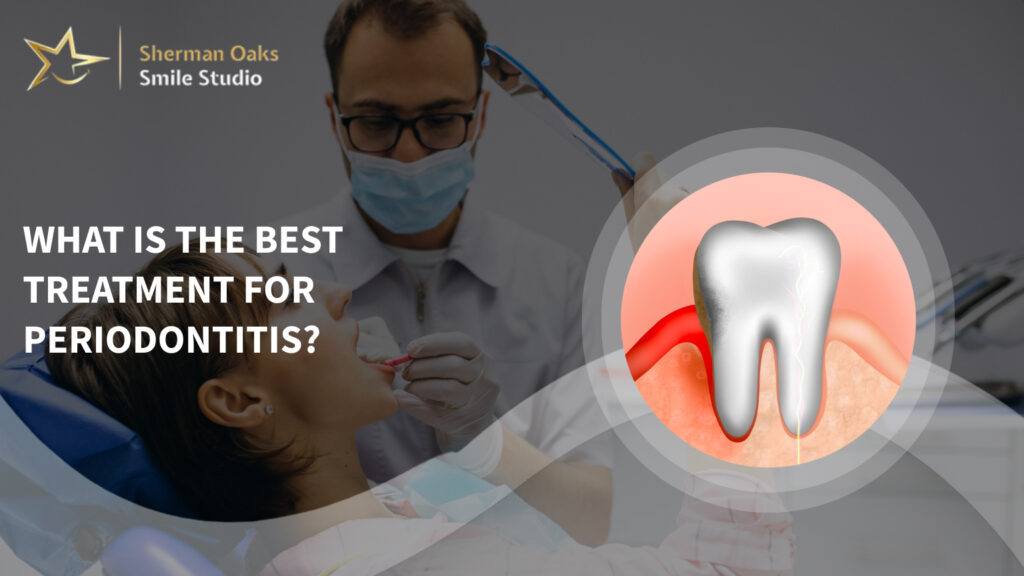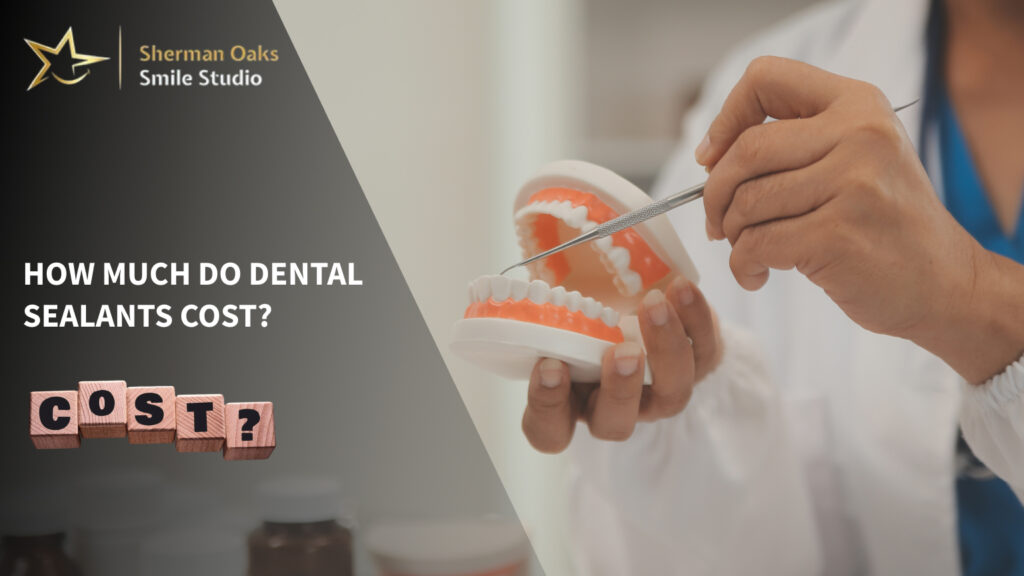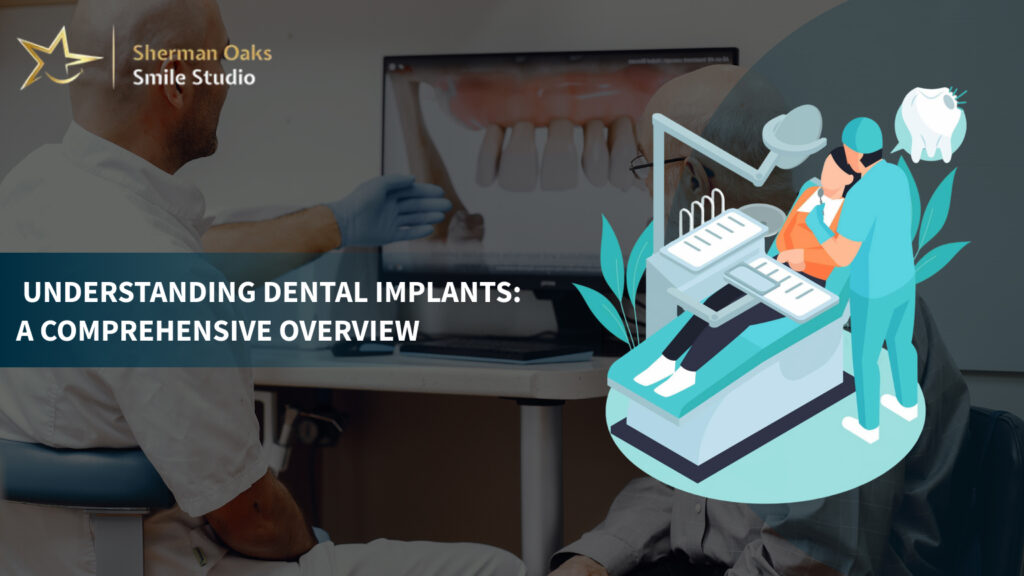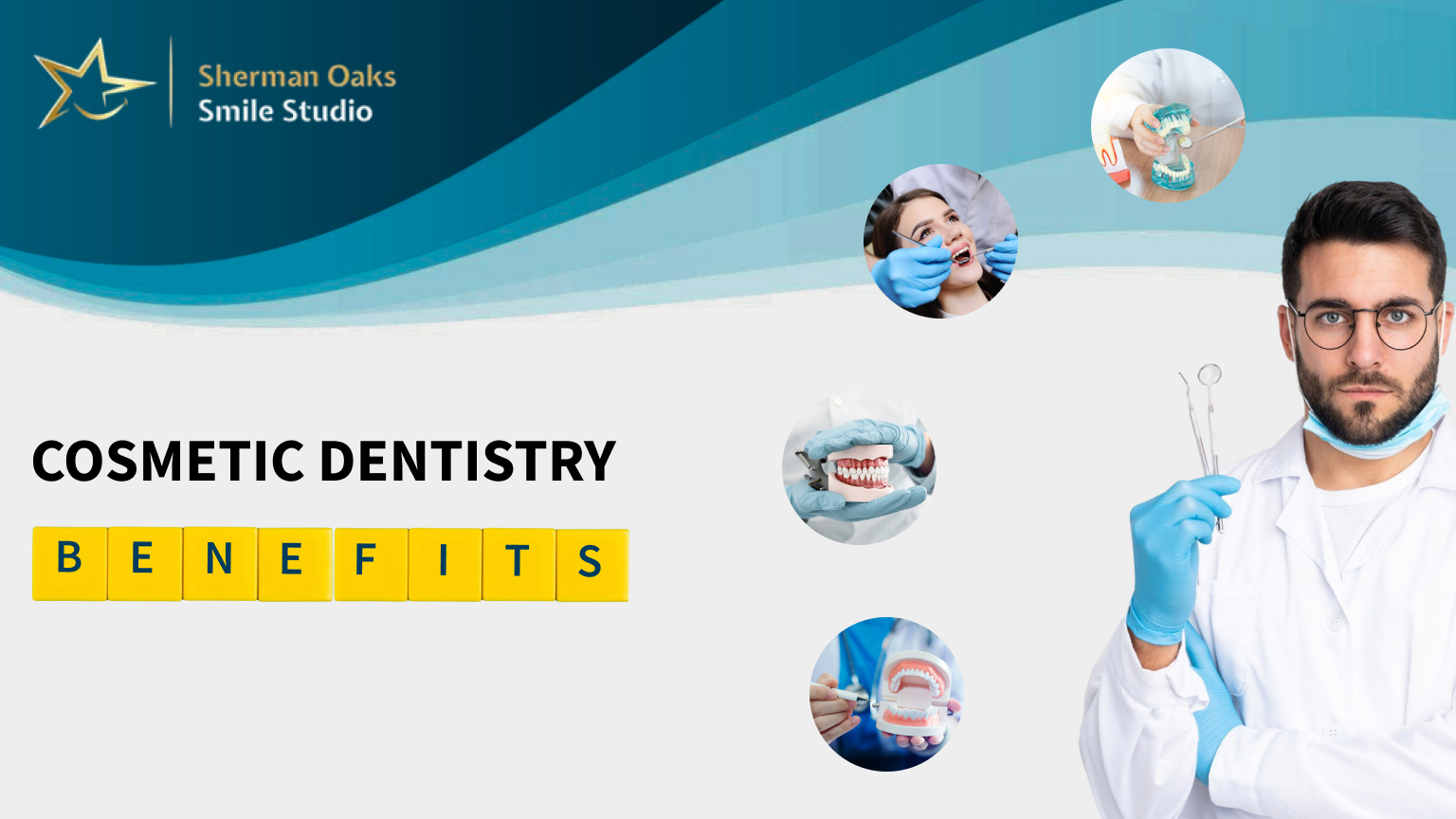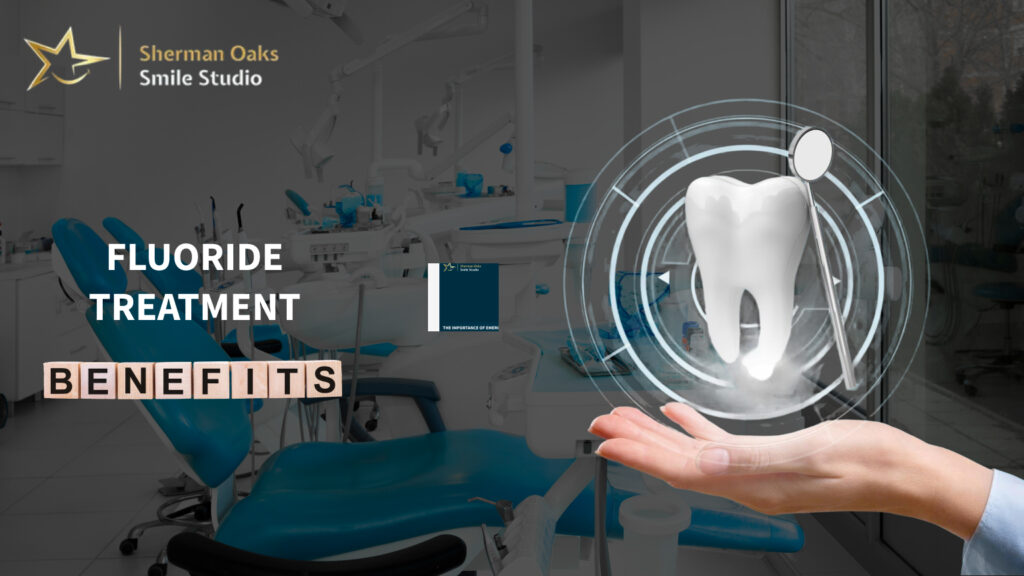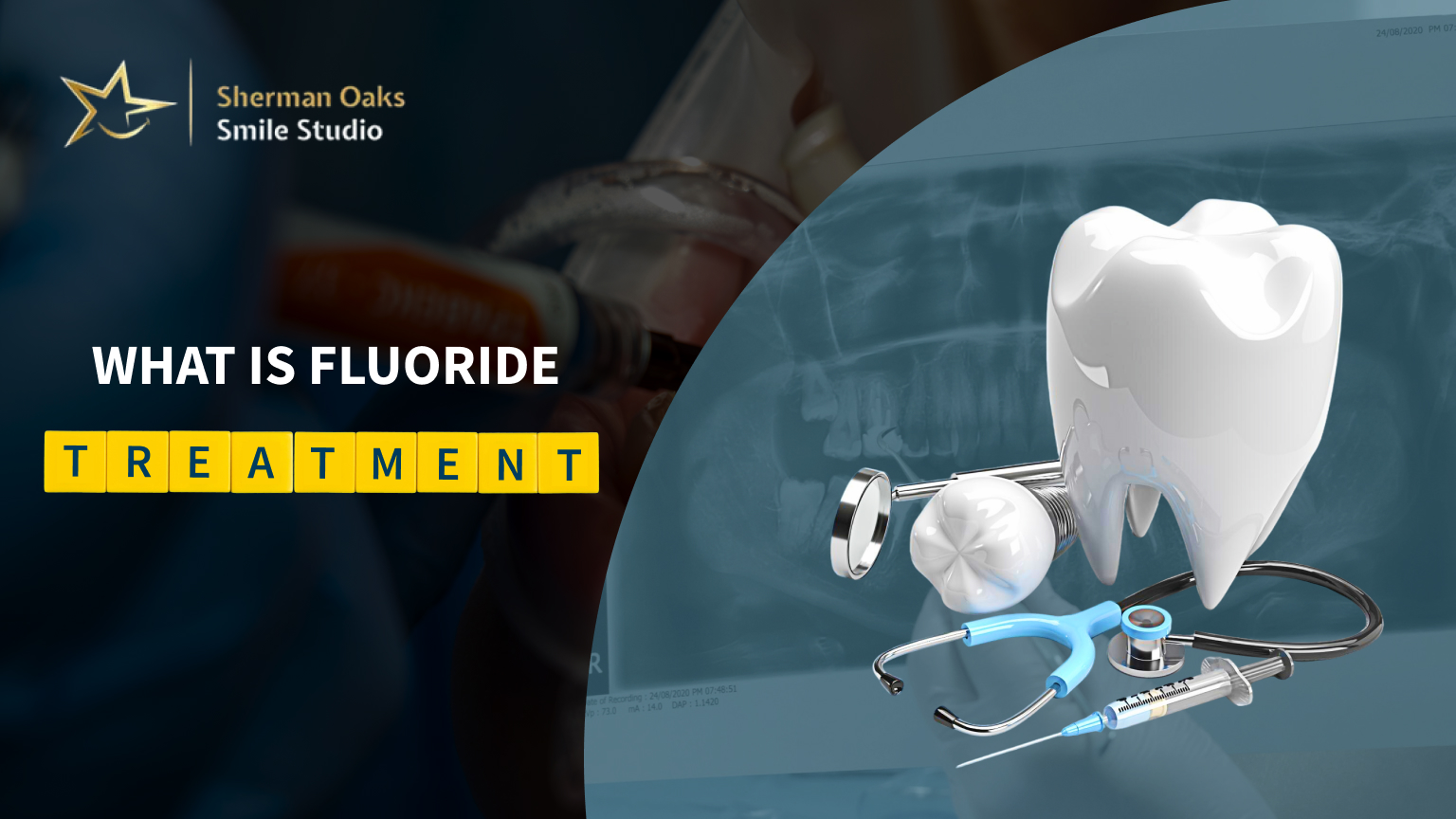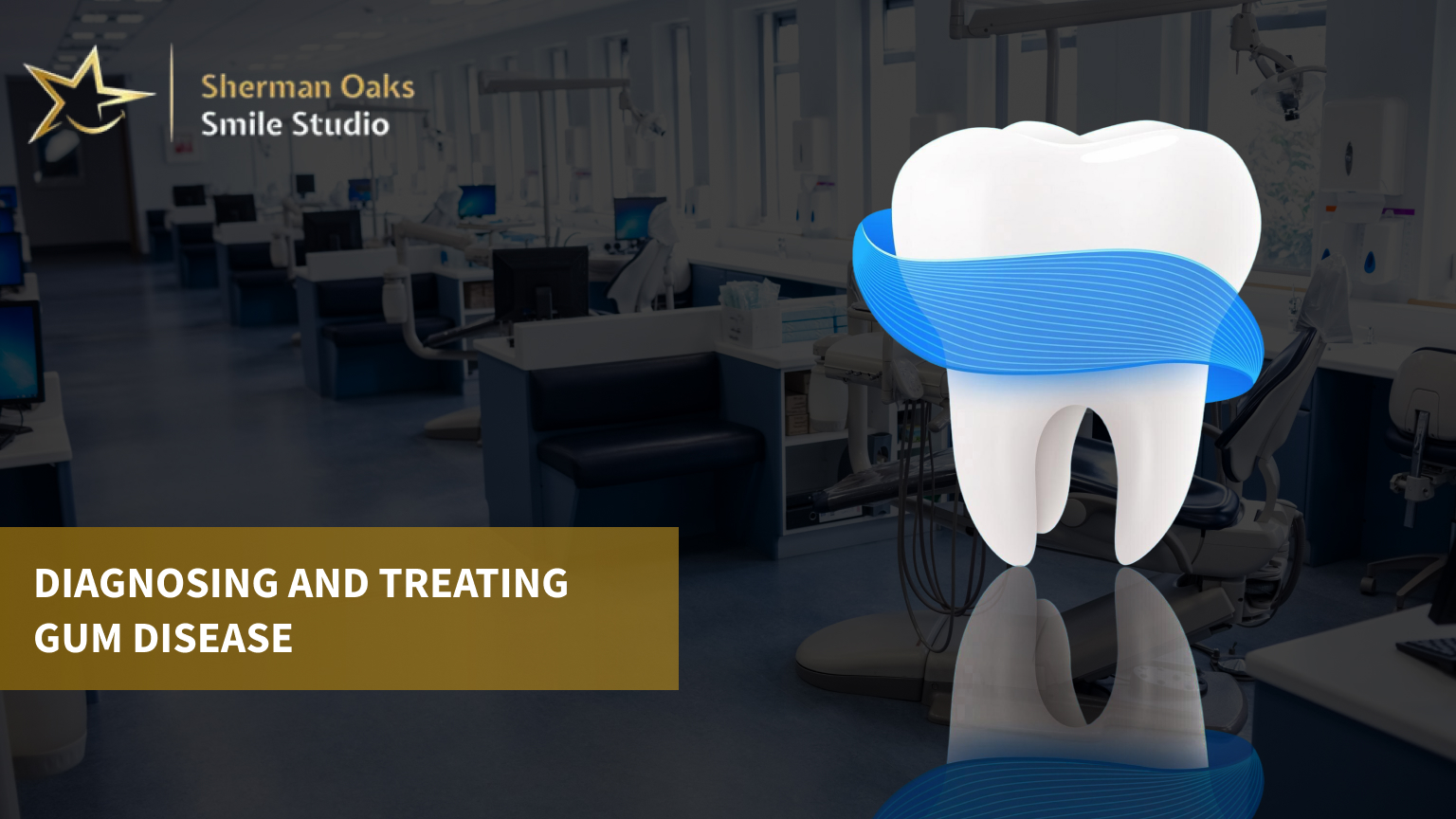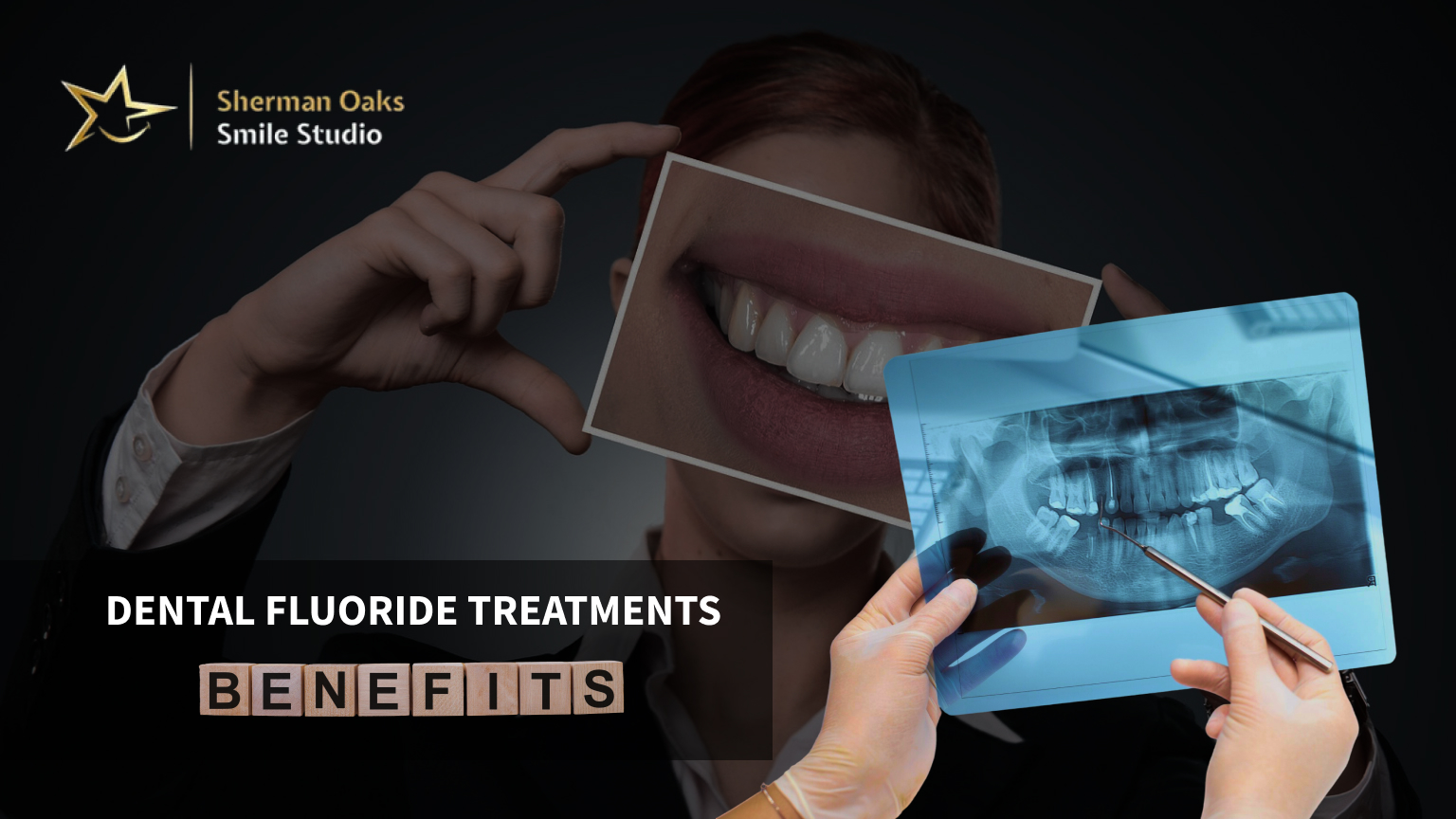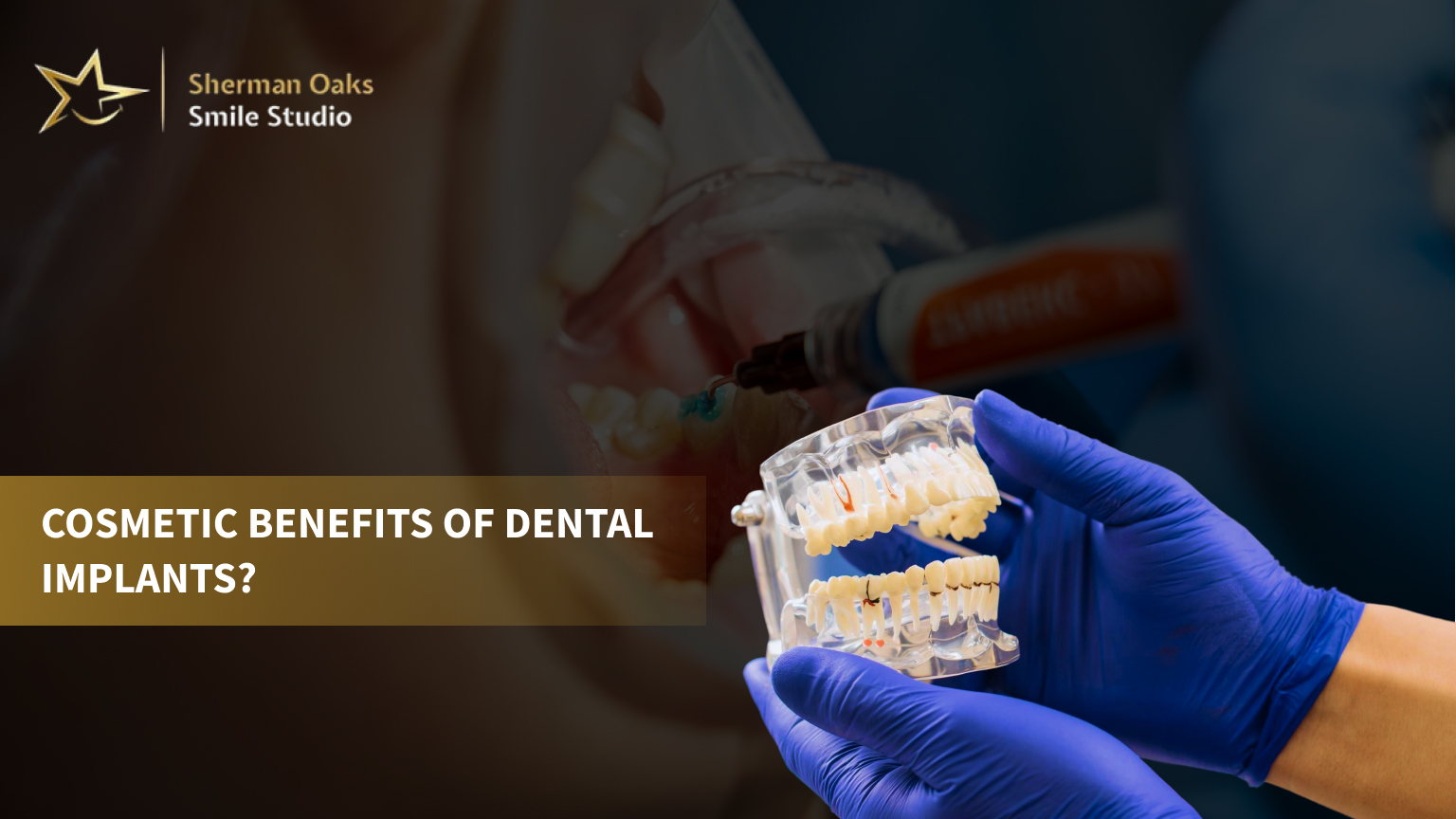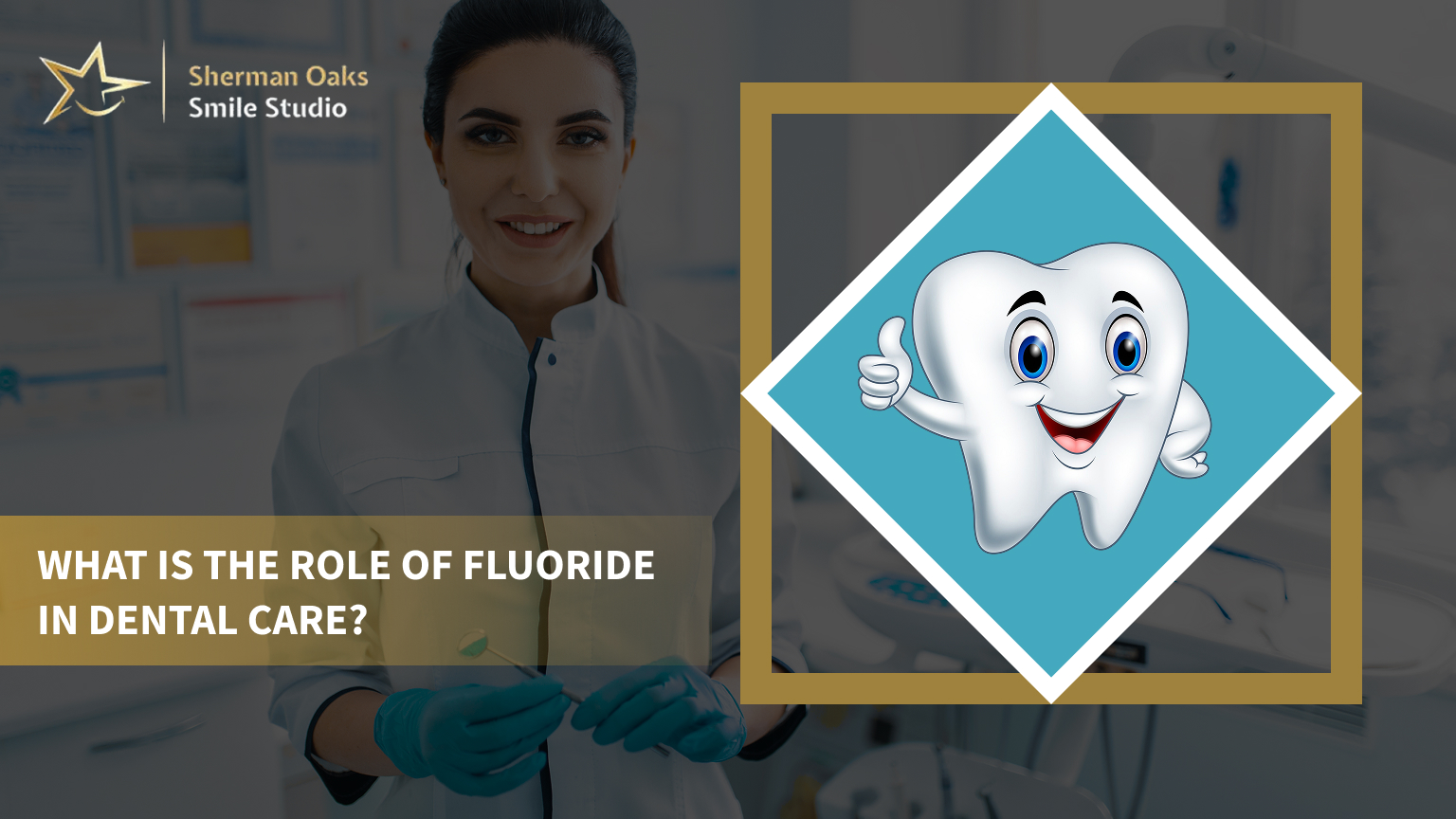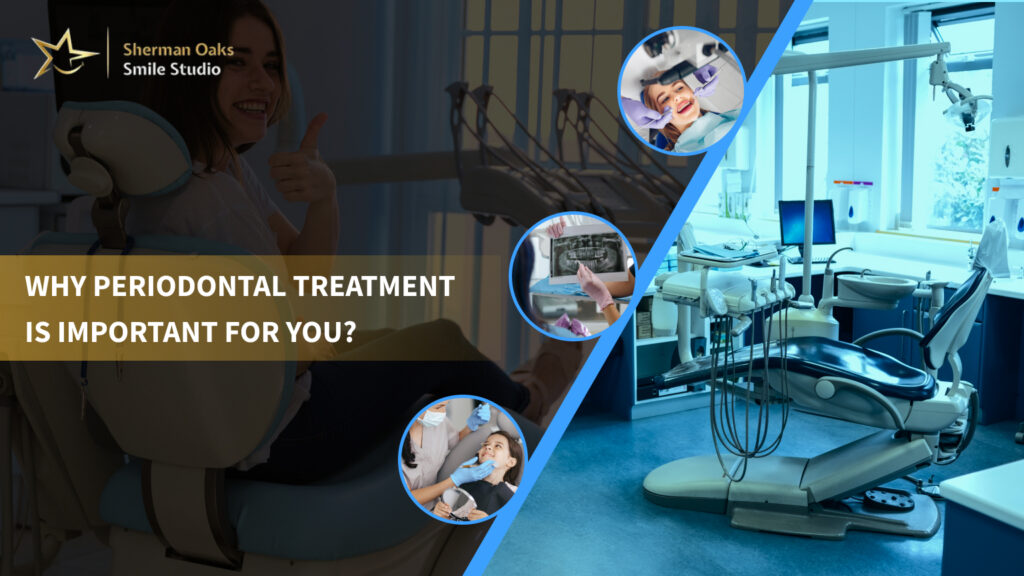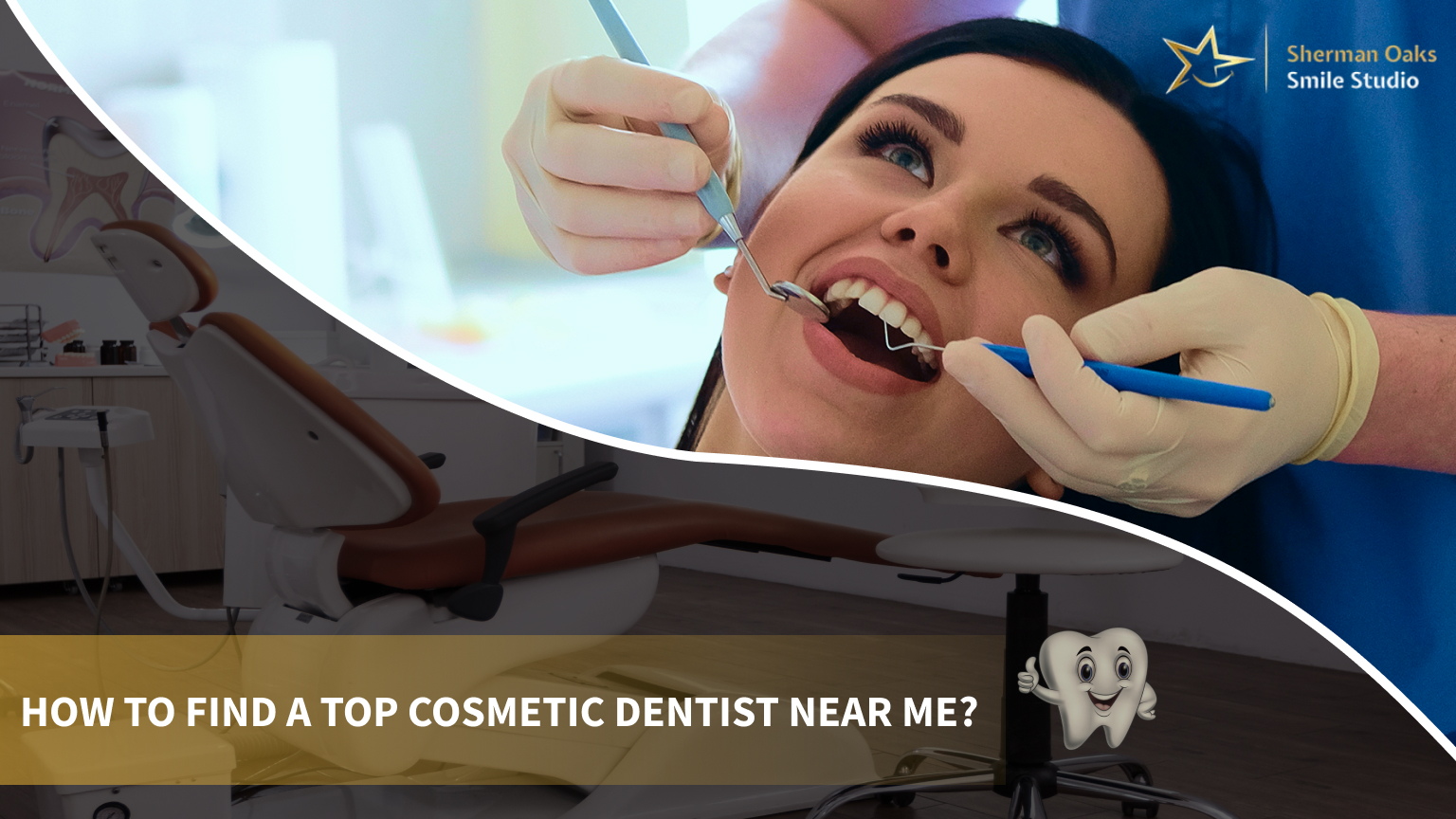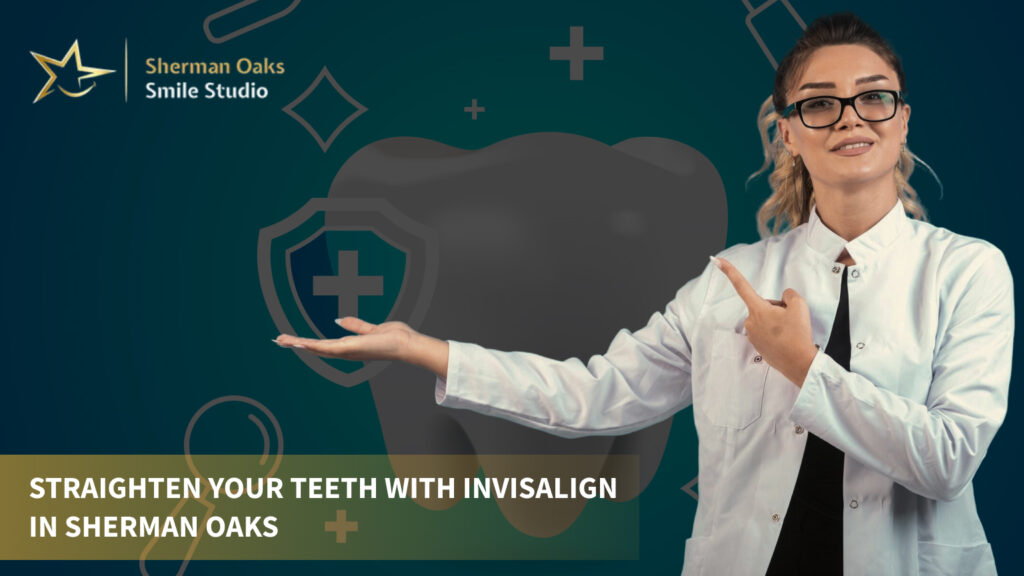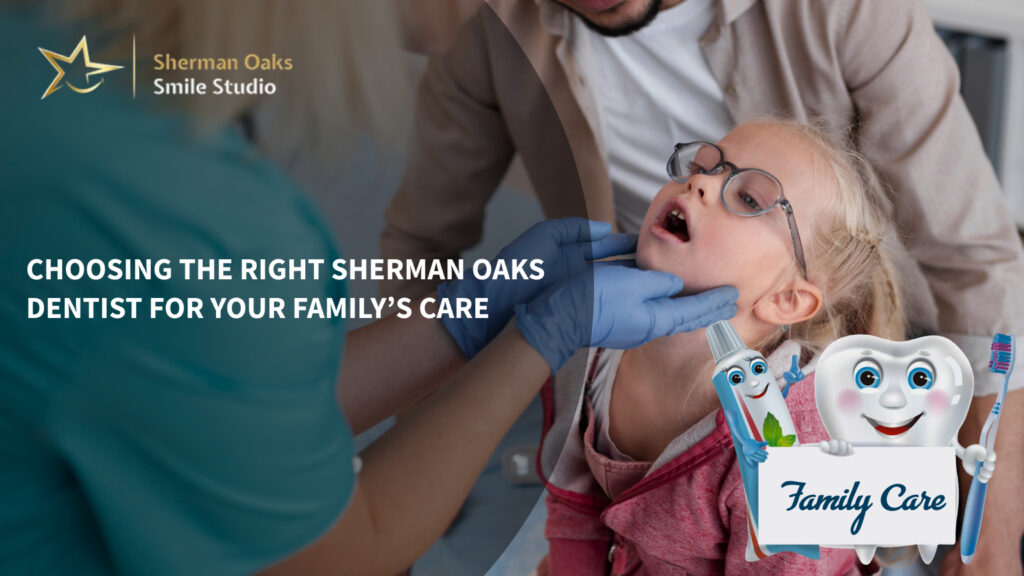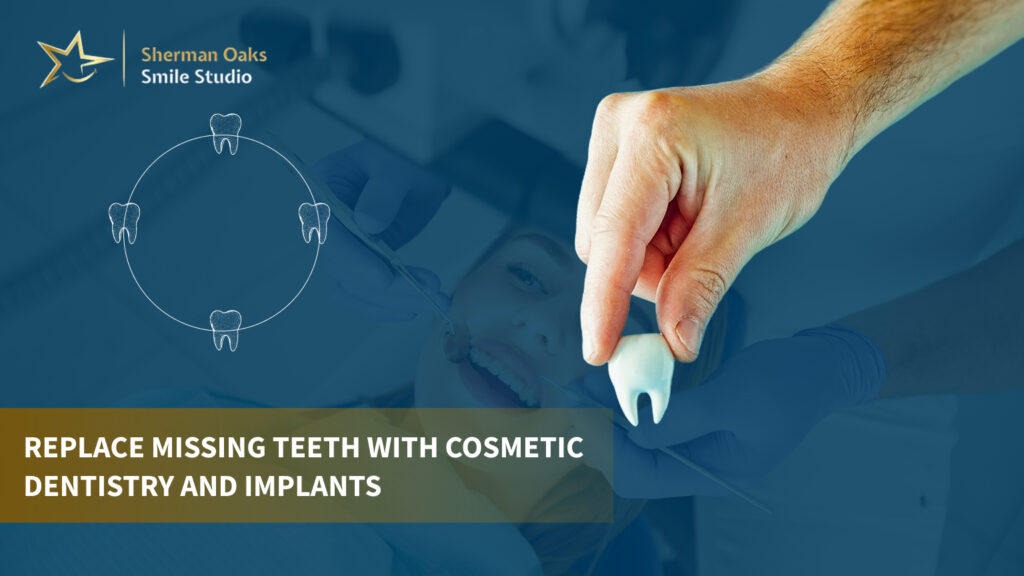Kid’s dental health is gaining more attention these days, and at Sherman Oaks Smile Studio we strive to offer care that’s effective yet child-friendly. We protect young smiles by putting kid-friendly dental sealants over the chewing surfaces of molars to help keep teeth from decaying. What are Child-Friendly Dental Sealants? Dental sealants are thin protective coatings applied to the chewing surfaces of your molars, acting like barriers to prevent food particles and bacteria from getting stuck in the natural crevices of your teeth. It’s a quick and mostly pain-free process, designed to make even anxious kids more comfortable. With these extra layers of protection, children’s teeth stand a better chance against decay, and it encourages families to create and maintain positive, proactive oral care habits from an early age. The Importance of Dental Sealants for Kids Cavities are among the most prevalent of dental problems in children — but they’re also mostly preventable. At Sherman Oaks Smile Studio, we provide dental sealants as a preventative measure for children to help minimize their chances of developing tooth decay. By placing a thin, virtually undetectable layer of sealant over the biting surfaces of the molars. This barrier prevents food and bacteria from accumulating in the grooves and pits, where plaque likes to develop. By reducing these areas of trouble, sealants reduce the risk of future cavities and contribute to long-term oral health. This non-invasive, easy procedure can be done in one sitting, with no drilling, and is mostly well-tolerated by young patients. It’s one of the many ways our practice helps facilitate early, preventive dental care for kids in this community. The Application Process at Sherman Oaks Smile Studio Getting dental sealants is a smooth and reassuring process for both kids and parents. Here’s what to expect: Cleaning: We begin by gently cleaning the child’s teeth to remove any plaque and debris. This ensures a clean surface for the sealant to bond properly. Preparing the Teeth: A special dental solution is applied to the chewing surfaces of the molars. This step helps the sealant attach securely to the enamel. Sealant Application: The dental sealant is carefully placed into the natural grooves of the teeth. Curing: A safe, blue light is used to harden the sealant, securing the protective layer in place. This easy, quick process adds an important layer of protection against cavities while helping make dental visits less intimidating for young patients. Why Choose Sherman Oaks Smile Studio for Dental Sealants? Families are searching for a dental office that knows what a child needs, and Sherman Oaks Smile Studio has a reputation for delivering exactly that. Our friendly, seasoned team puts kids at ease and makes them feel comfortable, easing the common nerves associated with dental care. We’re preventative-minded. We use sealants to help prevent cavities before they form. However, you will still find that our approach with our young patients combines the latest advancements in dental technology with a friendly, educational atmosphere, and we spend time informing kids and parents alike about the value of early dental care. If you’re seeking quality dental care, Sherman Oaks dental care is trusted by families around the area as one that delivers thoughtful, professional services tailored for kids. Final Note At Sherman Oaks Smile Studio, we love helping our young patients challenge issues such as tooth decay with child-friendly dental sealants to promote optimal preventive dental health. We strive for healthier smiles and brighter futures by helping with cavity prevention and making visits to the dentist more positive For more information or to schedule a consultation, contact our experienced team today. Disclaimer: The information in this blog is for educational purposes only and does not replace professional dental advice, diagnosis, or treatment. Always consult with a licensed dental professional regarding any concerns about your child’s oral health.


